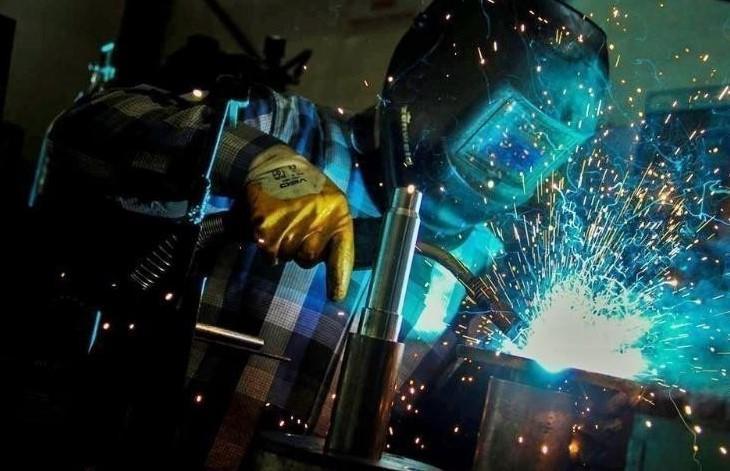
The latest Purchasing Managers’ Index (PMI) pointed to a challenging demand environment in the Turkish manufacturing sector, according to a survey conducted jointly by the Istanbul Chamber of Industry (ISO) and S&P Global.
At 48.1 in June, down from 49.2 in May, the headline PMI signalled a moderation in the health of the Turkish manufacturing sector, and one that was the most marked since the initial wave of the COVID-19 pandemic in early-2020, the survey said.
Any figure greater than 50 indicates overall improvement of the sector.
New orders, output and purchasing activity all softened, with continued job creation the main positive, the survey showed. Meanwhile, rates of input cost and output price inflation remained sharp.
Price rises and challenging economic conditions contributed to a weaker demand environment at the end of the second quarter, with both output and new orders moderating as a result. In both cases, the slowdowns were more pronounced than seen in May.
Employment remained a bright spot within the latest results, with firms continuing to expand their staffing levels, while companies scaled back their purchasing activity again, however, in line with softer new order inflows.
According to respondents, higher input prices reflected rising raw material costs, increased energy charges and unfavourable exchange rates.
“Raw material shortages contributed to a further lengthening of suppliers’ delivery times. Although more pronounced than seen in May, the extent of supply-chain disruption was again much weaker than during the worst of the recent delays.”
Turkish manufacturers are facing a challenging market environment at present, with price rises and demand weakness combining to lead to softer new orders and a scaling back of production, commented Andrew Harker, economics director at S&P Global Market Intelligence.